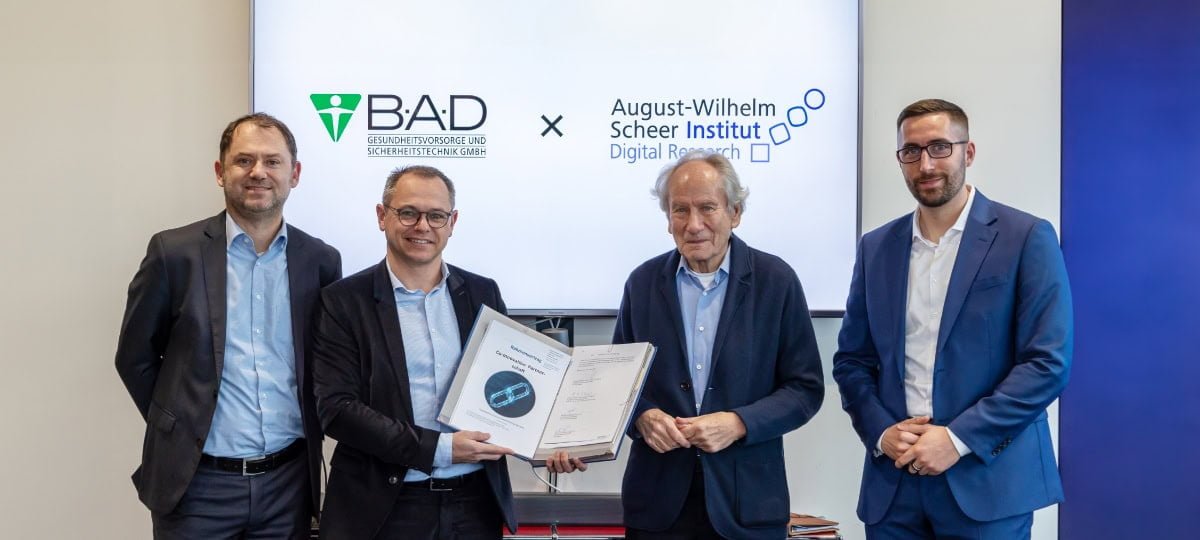Bridge builders wanted

According to Gartner, automation is one of the top technology trends. Ansible plays a decisive role in this. With Ansible, processes can be automated across servers, storage devices, network devices, services, containers and clouds. Ansible has also long since arrived in the SAP area.
Ansible supports fast, efficient and reliable deployment and management of SAP workloads in the SAP landscape. For example, Ansible is used for Hana deployments and configurations exactly according to SAP Notes specifications.
Ansible is also used in hybrid cloud deployments, that is, in the automated provisioning and management of traditional and new containerized SAP workloads as well as non-SAP applications in hybrid cloud environments. And Ansible is also used in establishing DevOps-
processes in the SAP area.
The beginning has thus been made, but development does not stop there. On the one hand, the regular so-called "Day-2 Operations" such as patch and cluster management or test automations are reliably mapped with Ansible. On the other hand, the automation of processes in SAP applications themselves is increasingly being addressed.
In the process, Ansible can be used to automate ongoing SAP operations, for example with the administration of rights, the creation of users, or even the execution of processes. Consequently, automation does not end with the infrastructure or maintenance activities; instead, the focus is increasingly on housekeeping in ongoing SAP operations.
One example of this is also the use of RPA technologies in combination with Ansible. SAP GUI automation directly from Ansible thus enables completely new end-to-end processes in real time. This bridges silo boundaries and media discontinuities, and new self-services can be mapped right down to the business department.
Another development is emerging in the SAP area: AI-supported operations. AIOps, or Artificial Intelligence for IT Operations, uses artificial intelligence to simplify the management of IT operations. Among other things, this involves accelerated and automated problem solving in complex modern IT environments. And automation is where Ansible again comes into play. Red Hat Insights is also of increasing importance in this context.
Red Hat's as-a-service offering helps users proactively detect, analyze and resolve a wide range of potential software security and configuration issues with over 600 rules specifically for SAP environments. As a result, the exact Ansible playbooks are generated automatically, which then perform all necessary adjustments fully automatically and securely, if desired.
The combination of AIOps, Ansible and Insights in the SAP environment drastically reduces troubleshooting times, shortens maintenance windows and thus increases security through frequent and fast updates.
The possibilities offered by automation are far from exhausted today. However, current examples already demonstrate its capabilities. The Schwarz Group, which operates over 12,500 stores under the Lidl and Kaufland brands, shows what is possible with automation. It already carries out up to 5,000
Jobs out to Red Hat Ansible Automation Platform to manage the entire IT landscape.
The development is therefore preordained. Automation will continue to gain momentum in the SAP environment. Here, too, open source will play a major role. And here, too, it's not just about classic topics such as deployment, installation or provisioning, but also about network, storage or security automation, for example.
With the end-to-end automation that is foreseeable in this way, data centers will also be increasingly relieved so that they can concentrate on new activities. It remains exciting and simply fun!





